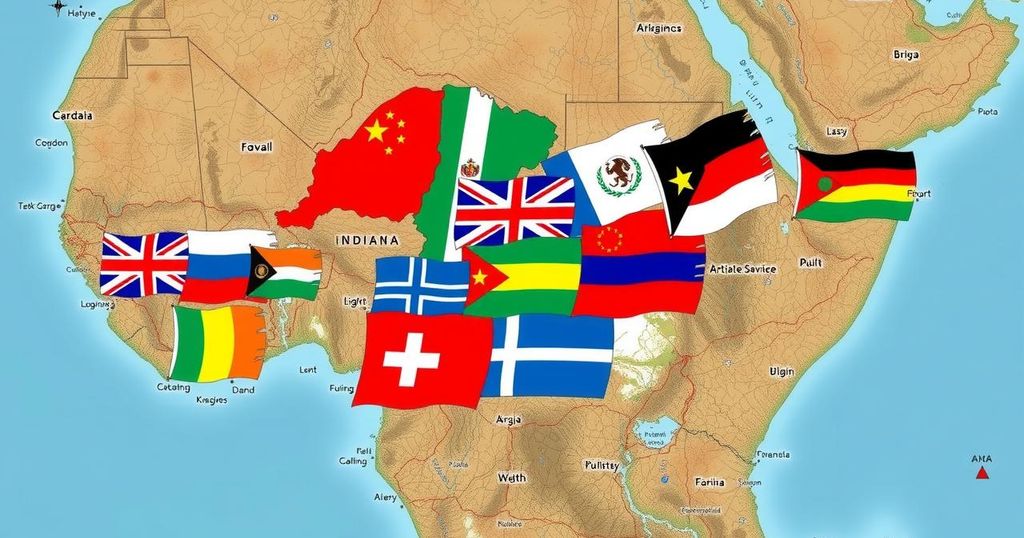Political Renewal in Southern Africa: An Analysis of Recent Electoral Trends

The 2024 elections in Southern Africa, especially in South Africa, Botswana, Mozambique, and Namibia, reveal a growing demand for political change and renewal. The ANC’s loss of majority in South Africa, the UDC’s rise in Botswana, the unrest following elections in Mozambique, and the reaffirmation of SWAPO in Namibia highlight distinct yet interconnected narratives of voter disillusionment and the need for economic reform amidst a backdrop of historical liberation movements.
The recent electoral outcomes in Southern Africa, particularly in nations such as South Africa, Botswana, Mozambique, and Namibia, illuminate the pressing matter of political renewal within the region. Each country’s election results reveal unique narratives, diverging from the monolithic perception of a regional transformation. In South Africa, the African National Congress (ANC)’s loss of its majority signifies a shift towards coalition governance, driven in part by discontent towards the ANC, notably from marginalized groups and votes siphoned off by parties associated with former President Jacob Zuma. Meanwhile, Botswana’s parliamentary elections ended the Botswana Democratic Party (BDP)’s nearly sixty-year dominance, as the opposition Umbrella for Democratic Change (UDC) took a majority amidst rising economic grievances, particularly among youth. In Mozambique, notable protests followed elections marred by accusations of fraud, challenging the ruling party, Fre Partido de Libertação de Moçambique (Frelimo), and its new leader to respond to demands from a disillusioned populace. Lastly, Namibia’s recent elections reaffirmed the status quo, though the election of a female candidate from SWAPO offers a glimmer of progress, yet leaves the movement’s long-standing governance largely unchallenged.
Southern Africa’s political landscape has been shaped significantly by historical liberation movements that dominated post-independence governance. Yet, as evidenced by recent electoral trends, growing discontent among young, urban populations highlights a pressing demand for change from the ideologies and policies associated with these former liberation parties. The 2024 elections in South Africa, Botswana, Mozambique, and Namibia serve as critical points of analysis, illustrating a complex interplay between long-standing political narratives and emerging societal pressures for economic justice and political accountability.
The electoral trends observed across Southern Africa underscore a critical juncture in the region’s political evolution. Voters increasingly express dissatisfaction with established parties, demanding accountability and tangible solutions to pressing social and economic issues such as unemployment and inequality. The clear message from these elections is that former liberation movements, while historically significant, must adapt to the new political reality where the electorate is more youth-centric and demands progressive change, signaling a potential era of renewal in governance within the region.
Original Source: www.fairobserver.com







